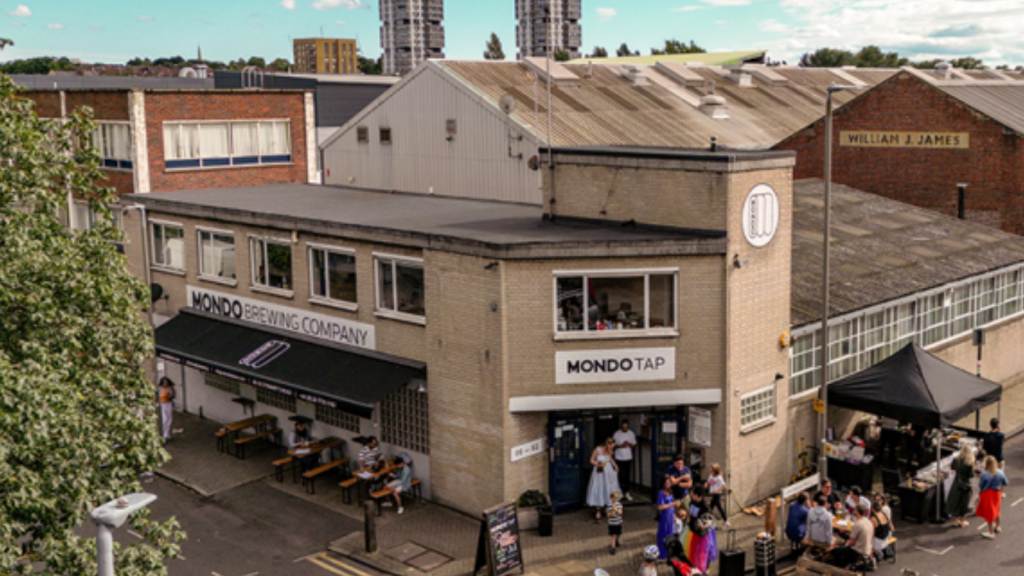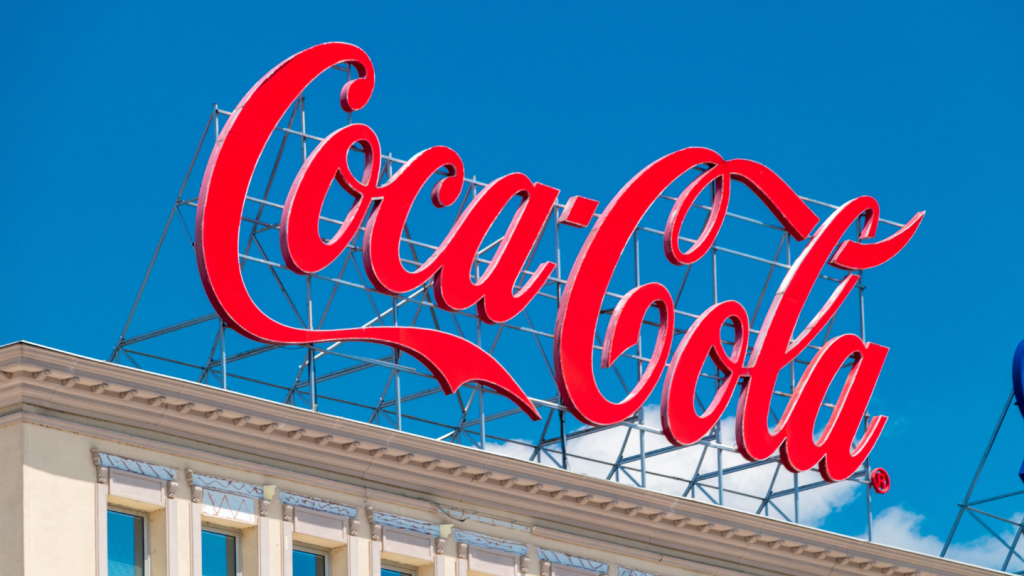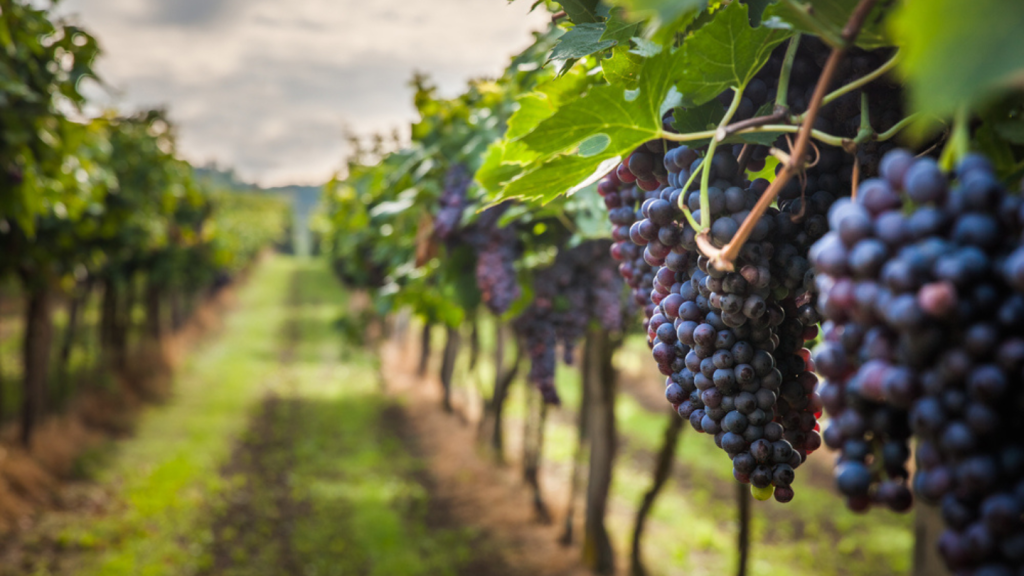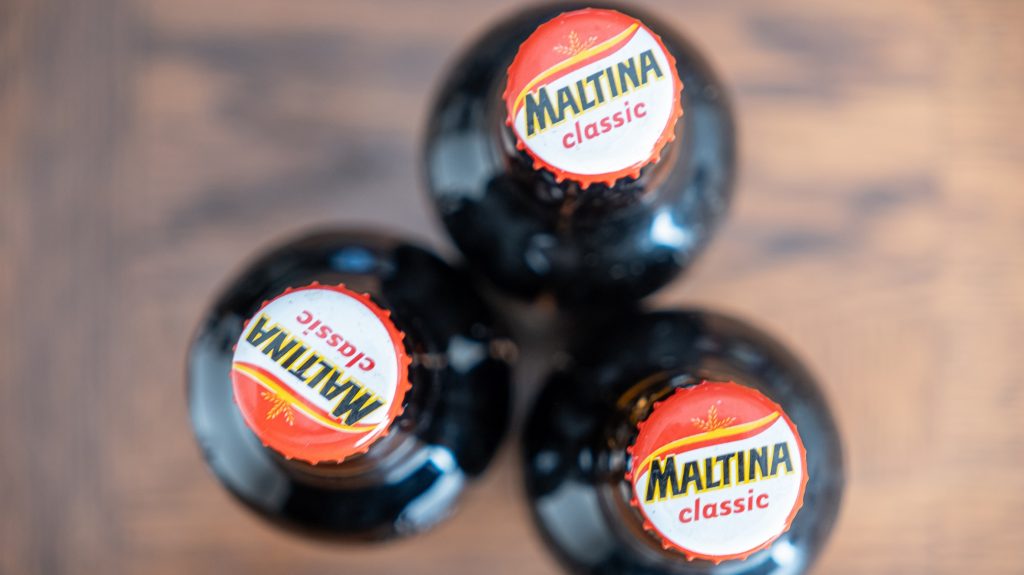 The sudden success of protest drinks such as Zamzam and Mecca Cola have taken the cola giants Coke and Pepsi by surprise. Ute Ballay examines the phenomenum and discovers a resurgence of even older ideological foes of the American cola.
The sudden success of protest drinks such as Zamzam and Mecca Cola have taken the cola giants Coke and Pepsi by surprise. Ute Ballay examines the phenomenum and discovers a resurgence of even older ideological foes of the American cola.
Part of the global appeal of leading US cola brands has long been their association with American values and lifestyles. Yet that same tie-up now leaves Coke and Pepsi vulnerable to attack on the brand battlefields of Europe, Africa and the Middle East. Many Muslim critics of Washington are rejecting ‘the real thing’ in favour of the Iranian cola Zamzam and new market entrant Mecca Cola. Coca-Cola concedes this trend to politically correct drinking has hit their sales in parts of north Africa and some other localised markets.
Tunisian-French businessman and political activist Tawfik Mathlouthi claims the idea for an Arabic alternative to leading colas (“symbols of American economic power,” according to Mathlouthi) came to him in the shower one day last summer. Within weeks food chemists in Paris helped him produce a drink that looks and tastes much like Coke. The red-and-white label and logo also pays tribute to Atlanta’s brown brew, although Mecca will hope to appease Coca-Cola’s ever-vigilant lawyers by opting for vertical rather than horizontal stripes. Even the company name, Mecca-Cola Beverage Company, has a familiar ring.
But a visit to Mecca’s French website (still semi-professional at best) reveals the gulf between the rival brands. Images of the Intifada unfold alongside Mathlouthi’s pledge to donate 10% of revenues to the Palestinian cause, and a further 10% to local charities. Doubtless based on genuine political support, this move – and the brand slogan ‘Ne buvez plus idiot, buvez engage’ (Don’t drink foolishly; drink with commitment) – has also proved a brilliant marketing ploy during the long build-up to the second US-led Gulf War.
Two million in two months
The first bottles reached local Parisian corner stores in time for the start of Ramadan last November. Within a fortnight the firm had sold 700,000 units of the 1.5 litre bottle, mostly still within the largest Muslim population in Western Europe. Mecca sold 2 million bottles worldwide in two months, with many more orders and bids for distribution deals. Leading French supermarket chain Auchan began stocking Mecca in outlets serving Muslim communities.
How well do you really know your competitors?
Access the most comprehensive Company Profiles on the market, powered by GlobalData. Save hours of research. Gain competitive edge.

Thank you!
Your download email will arrive shortly
Not ready to buy yet? Download a free sample
We are confident about the unique quality of our Company Profiles. However, we want you to make the most beneficial decision for your business, so we offer a free sample that you can download by submitting the below form
By GlobalDataBy now Matlouthi was himself a media phenomenon, promoting Mecca across UK and US news channels. An appearance on CNN prompted orders for 5 million units from the Middle East alone, claims the experienced radio journalist. New varieties Mecca Orange and Mecca Tonic are already in the pipeline. Mathlouthi even claims interest from as far afield as Australia and North America.
UK and German subsidiaries launched in early January. “The potential for Mecca is clearly there in Germany,” says Mahmoud Hinnaui, head of the Hamburg- based operation. “Word-of-mouth recommendations are very important.” UK distribution will be run by the National Halal Food Group, established in Birmingham in 1995. “Mecca Cola has been piloted across the UK to major acclaim, which is why we decided to act as the central distribution point,” says Shahid Yaqoob, marketing head of Mecca Cola Distribution UK. “This is all about giving people of all cultures, not only Muslim, the chance to buy an alternative to Coca-Cola and Pepsi.” Mathlouthi used the Birmingham launch to stress the brand’s political aspect, arguing that “anyone who buys a Mecca Cola is making an act of protest against American politics.”
He concedes his product is inspired by the success of Iranian cola Zamzam (or Samsam). The former Pepsico partner under the Shah, Zamzam is fast winning market share from Coke and Pepsi in Saudi Arabia, Bahrain and Qatar on the back of a pan-Arab boycott campaign against American goods. Sales in Saudi Arabia are running at around 4 million 1 litre bottles per week. The brand is named after a spring in the Saudi holy city of Mecca; reputedly the world’s oldest running spring, Zamzam is used by millions of pilgrims every year on the annual Hajj.
“The campaign of boycotting American products and the good quality of Zamzam cola have given us excellent sales,” says Firas Khawaja, general manager of the drink’s Saudi distributor al-Majarah. In Bahrain the Lari Group wants to establish a $US2m plant to produce Zamzam locally. Group finance director Ali Khalil Lari says that while demand for the brand grew out of the boycott, now “people are buying Zamzam soft drinks because they like the product.” The group currently imports Zamzam from Iran. “We already have a decent market share and we expect a factory to help us increase it,” says Lari. “The first phase will consist of one production line able to produce 330ml cans of different flavours.”
Zamzam is also expanding sales in Asia and Africa. Output at the Pakistani licensee is running at 300,000 bottles per day, and was set to increase for the annual pilgrimage season in February.
Still going strong
The global giants may hope support for these brands fades away in quieter times. Yet an even older ideological foe of American colas is still going strong after 50 years. Vita-Cola was the flagship soft drinks brand of East Germany’s communist regime, launched in the 1950s as a homegrown alternative to “capitalist Coke.” More than a decade after the demise of communism in Berlin, it is one of the region’s few brands still thriving in a united Germany. Vita-Cola is always cited as one of the products benefiting from local ‘Ostalgie’, or nostalgia for East Germany’s locally made and simply packaged output.
Now produced by Brau & Brunnen’s east German unit Thueringer Waldquell, Vita-Cola had 16% of the east German cola market last year (2001; 13%) – second only to old foe Coca-Cola. It is market leader (with a 41% share) in home state Thuringia. Total sales reached an impressive 700,000 hl. Growth came in part from the introduction of new 0.5 litres and 1.5 litre non-returnable PET bottles.
Brau & Brunnen chief executive Michael Hollmann plans a marketing drive to overhaul Coke in the region, and also boost Vita-Cola’s presence in west Germany – where it has a modest 2.3% market share. The Dortmund-based brewery, Germany’s third-largest drinks group, will spend some of the €150m from the sale of mineral water brand Apollinaris on Vita-Cola. Brau & Brunnen has also revived a second GDR coke brand, Club-Cola, though with less dramatic success – annual sales were some 5000 hl last year. Club-Cola is produced at the Spreequell subsidiary and sold only in Berlin and the surrounding state of Brandenburg.
The success of Vita-Cola also prompted east German frozen food producer Volkmar Frenzl to branch out into soft drinks. Frenzl teamed up with Wolfgang Zimmermann, former head of Coca-Cola’s Radeberg plant in Saxony, to revive Kirsch-Cola, the cherry cola that both men remembered as a cult drink during their Leipzig childhood, but which was abandoned in the 1980s in favour of locally-sourced apple drinks. Frenzl could not even trace a recipe. The help of flavours specialist Wild has enabled him to recreate the taste, and Kirsch-Cola was relaunched last year by Leipzig soft drinks firm Erfrischungsgetraenke Heves. The brand is distributed throughout east Germany, and Heves is confident they can compete against Coca-Cola’s sweeter cherry-coke.
In many ways the success of these ‘anti-Cokes’ only reinforces the power of branding. Mecca and Zamzam are so successful because so many consumers identify strongly with the products, and their David and Goliath-type struggle with Coke and Pepsi. But this will be little consolation for America’s cola giants, which may face a consumer boycott growing in line with US global reach. Mecca’s French boss opposes another war in the Gulf, but believes it would mean good business for him. “If there’s a war, you’ll have an extraordinary flare-up of Mecca Cola sales,” predicts Mathlouthi.
For more information on Soft Drinks International visit: www.softdrinksjournal.com







